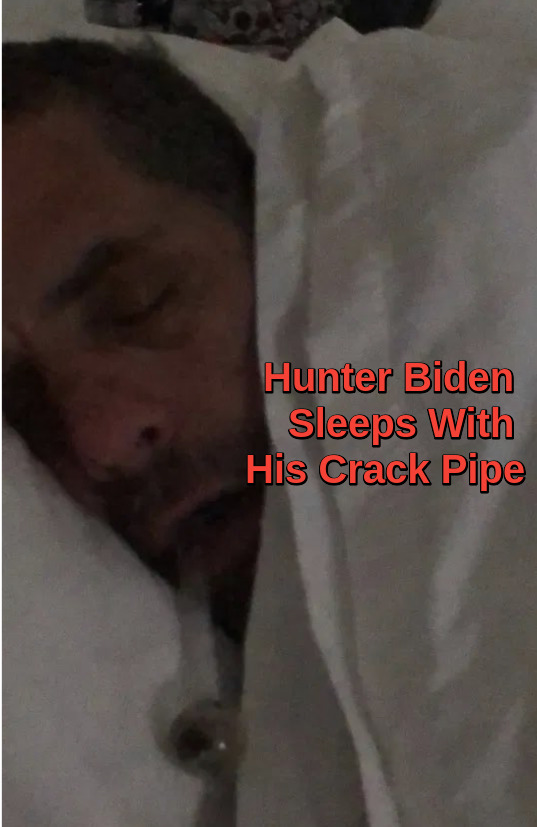
Both Twitter and Facebook have chosen to censor most, if not all, mentions of a block buster New York Post story about how Hunter Biden looped his dad, presidential candidate Joe Biden, into his Ukrainian business deals. The censorship amounts to tipping the scales to the Biden campaign, as if you didn’t know whose side they were on in the first place. But in so doing, they’ve made their choice of whether they’re mere platforms for all speech or publishers. One has government cover and one is subject to libel and slander law.
Journalist David Harsanyi posted screenshots of the New York Post story to finagle around the overt censorship. The documents upon which the assertions were based were given to the FBI. They came in the hard drive of a computer that it’s believe Biden himself dropped off at a computer repair shop and who never came back to reclaim it.
Considering the images reported to have been on the hard drive and other things we already know about the junior Biden, it’s entirely understandable why he didn’t come back to get the computer. He probably forgot because he was high on crack all the time.

In addition to this shocking photo of Biden being so out of it that he fell asleep with a crack pipe in his mouth, there were other reported images that show him having sex while smoking crack – an amazing feat of multi tasking heretofore never before seen by a man. Plus, he involved his dad, Joe Biden, in his business dealings. That’s significant.
“The never-before-revealed meeting is mentioned in a message of appreciation that Vadym Pozharskyi, an adviser to the board of Burisma, allegedly sent Hunter Biden on April 17, 2015, about a year after Hunter joined the Burisma board at a reported salary of up to $50,000 a month.
“Dear Hunter, thank you for inviting me to DC and giving an opportunity to meet your father and spent [sic] some time together. It’s realty [sic] an honor and pleasure,” the email reads.
An earlier email from May 2014 also shows Pozharskyi, reportedly Burisma’s No. 3 exec, asking Hunter for “advice on how you could use your influence” on the company’s behalf.
The blockbuster correspondence — which flies in the face of Joe Biden’s claim that he’s “never spoken to my son about his overseas business dealings” — is contained in a massive trove of data recovered from a laptop computer.
New York Post
The tech giants censored the Post article, which its editorial board called an overt effort to help the Biden campaign. The editorial was frozen on the Post’s website, but a news story nearby worked and blasted Facebook and Twitter for news suppression.
Both Twitter and Facebook took extraordinary censorship measures against The Post on Wednesday over its exposés about Hunter Biden’s emails — and leveled baseless accusations that the reports used “hacked materials.”
The suppression effort came despite presidential candidate Joe Biden’s campaign merely denying that he had anything on his “official schedules” about meeting a Ukrainian energy executive in 2015 — along with zero claims that his son’s computer had been hacked.
The New York Post
While this is considered a late hit in the lead up to the election, it’s extraordinary that the two tech companies – who swear they’re not publishers for purposes of getting government regulatory cover – now, in fact, are acting as censors and publishers like, for example, The New York Post is.
The Atlantic stated the platform versus publisher in a recent article in support of big tech when it stated
To call these platforms publishers—as The Atlantic’s Adrienne LaFrance recently did—is to presume that their task is merely to produce content. It is to presume, then, that the internet should be produced, packaged, and polished, and that when someone says something bad anywhere on it then the entire internet is beschmutzed.
The Atlantic
The conundrum, however, is how to marry the best of internet, of which these platforms are only a part, and determine who the publishers of content are. When Facebook and Twitter choose, however, the content of the of what they will and will not publish, they’ve lost the argument that they are merely platforms.
They’ve made their choice. We didn’t make it for them.



